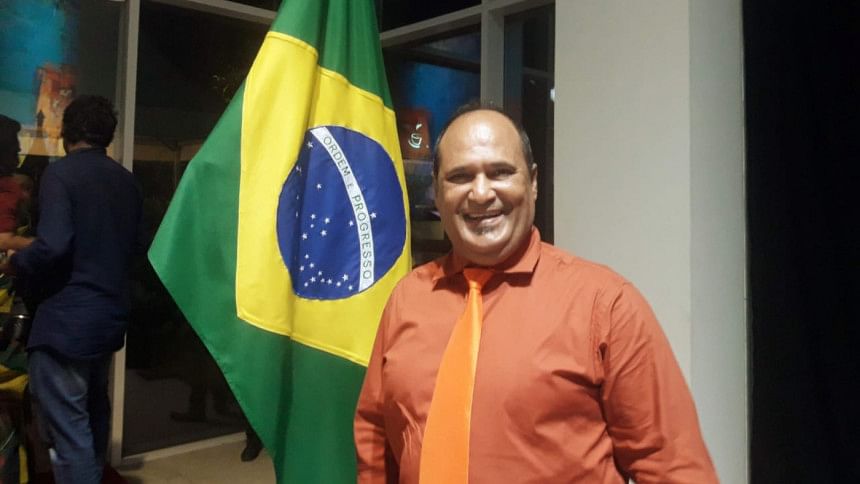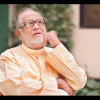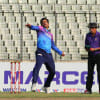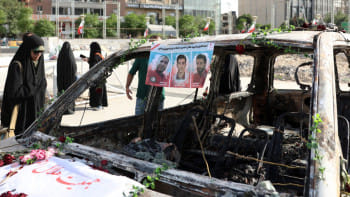‘Local coaches shun the overseas-trained players’

Abdur Razzak, a local coach who holds an AFC A level certification, was involved with the selection process in all three talent hunt programmes and accompanied the four promising players in Brazil as coach. The 55-year-old, who has been in the coaching profession for 23 years, spoke with The Daily Star's Anisur Rahman about what happens in such overseas training programmes and why have the budding footballers not been able to make it big after returning home.
The Daily Star (DS): How was the training experience in Brazil overall?
Abdur Razzak (AR): The boys trained in the same club where Brazil's Kaka used to train. The training shortly after we arrived in Brazil. Later, the boys participated in an academy football tournament where the European scouters were present, searching for talents. I was given the responsibility to guide a team. A Brazilian coach translated my messages to the players. One of our four players Nazmul [Akand] drew interest from a club named Real [Associacao Esportiva Real] during a match and wanted to keep him. But they later changed their minds after watching Nazmul's performance in the final match of the tournament.
DS: Why weren't the 11 players selected for the programme in 2021 sent to Brazil?
AR: We returned home in December 2019. Then almost everything was halted due to the coronavirus outbreak in 2020. As far as I know, the ministry did not give the nod to continue the programme in 2021 due to financial constraints.
DS: Do such training trips help players improve?
AR: In football, there are four stages of learning – basic, build-up, follow-up and high performance. The basic learning starts at the age of eight or below. The European and Latin American kids know the basics. The build-up stage starts at 12 and our players received that level of training over there. In most cases, our players aren't accustomed to this type of training. So, it hardly helps them improve. Instead of such training camps, I think we should take part in age-level tournaments in developed countries, find out the differences between our players and other teams and help them improve by training them at home.
DS: Why do you think so many of the budding footballers who received overseas training have left the game?
AR: The main reason is the ignorance of the officials and local coaches, who tend to overlook these players as they try to show that they have more talented players training under them. The overseas-trained players also get taunted every time they fail to do something on the field, which also troubles them psychologically.
DS: What should be done to prevent such dropouts?
AR: We should have a database of these players and arrange short-term training camps for them around the year similar to what Japan's Sakai Football Academy does for their players after figuring out their weakest points. Then, these players can improve themselves by playing in different competitions and gradually come into mainstream competitions.

 For all latest news, follow The Daily Star's Google News channel.
For all latest news, follow The Daily Star's Google News channel. 








Comments